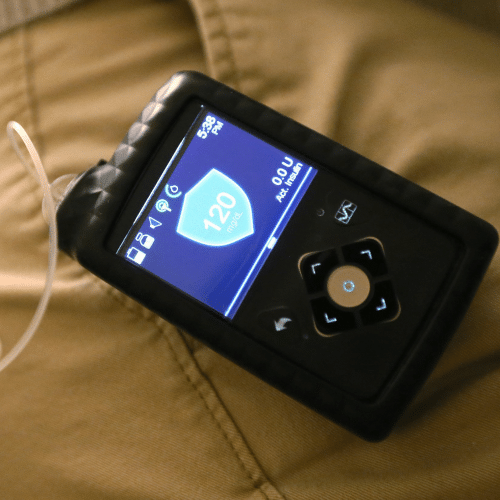Congress: Help the FDA Tighten Up the Definition of Medical Device Remanufacturing
COMMENTARY

We’ve all felt the anxiety of bracing for an X-ray or sliding into a magnetic resonance imaging machine. We’ve all held our breath while a loved one undergoes a medical procedure. Every day, millions of Americans put their faith in medical devices to diagnose, treat, cure or prevent life-threatening conditions.
Medical devices can often be the difference between the words “you have cancer” and “you’re all clear.” They can mean undergoing keyhole surgery instead of an open operation. They can help give you the time you have left, instead of loved ones left behind. They are modern miracles.
But imagine if I told you that the performance of the medical device you’re relying on may have been significantly changed during a repair using an unqualified part? How would you feel if you knew an unregulated third-party repair company had changed it? Could you be sure it’s as safe, reliable and accurate as it was designed to be by the original manufacturer?
That’s what’s happening today in America’s hospitals. It’s unacceptable and there’s a simple fix — if Congress is willing to act.
Modern medical devices are not tractors or cell phones, they’re delicate scientific instruments. The better the technology gets, the more safe, precise and accurate they become. In order to deliver that ever-improving performance level, they have to be properly maintained, which means being regularly serviced.
But in a 2018 report the U.S. Food & Drug Administration concluded that the majority of adverse medical device events reported to the agency — including those contributing to deaths — were not the result of poor servicing, rather they were the result of unregulated remanufacturing activities.
The patient events were not due to standard servicing activities; that process works well, according to the agency. Instead, it’s because the line between servicing and what constitutes remanufacturing is blurred, confused and often crossed by unregulated third-party repair companies. The crossing of this line is often unintentional and happens because the current definition of medical device “remanufacturing” is not completely clear in the law, and often not well understood by third-party servicers.
Whereas servicing is normal maintenance intended to keep a device running without alteration, remanufacturing is a regulated activity that can significantly change the finished device’s performance, safety specifications or intended use. Devices that are remanufactured need to be cleared via a new 510(k) submission to the FDA prior to being introduced into interstate commerce.
To prevent any overlap between the two definitions, the FDA simply needs the authority to educate servicing companies about what constitutes remanufacturing and to enforce those requirements. These could include registration and listing, adverse event reporting, implementing quality management systems and premarket submissions.
In a refreshing piece of bipartisanship, House members are coming together to offer a solution. The Clarifying Remanufacturing to Protect Patient Safety Act was introduced last month by Reps. Scott Peters, D-Calif., Kim Schrier, D-Wash., and John Joyce, R-Pa.
The act spells out the meaning of remanufacturing as it relates to medical devices. This better protects patients by helping educate everyone involved in medical device servicing and ensures they fall under proper FDA oversight.
Here is what this legislation is not. The act does not change the definition of remanufacturing. Instead, it clarifies it in a way that applies equally to all parties who are engaged in medical device repair. It also provides concrete examples of what constitutes a “significant” alteration to how a device operates. By doing so, the act will help prevent the kind of events highlighted by the FDA’s 2018 report, which took place before there was proper oversight or accountability.
The simplest and best way to put this act into law is to include it as a provision in the Medical Device User Fee Amendments currently before Congress for renewal.
The bottom line is that unregulated remanufacturing is costing lives. Errors in device function have had multiple negative consequences — including delayed or missed diagnosis or repeated imaging procedures, patient events and increased health care costs.
No patient wants to find themselves being treated with a medical device that has been subject to unregulated remanufacturing. No health care provider wants to risk their professional standards on a flawed machine.
It’s time for Congress to make sure they never have to.
G. Wayne Moore is the CEO at Acertara Acoustic Laboratories, a third-party medical device service provider. You can reach him on LinkedIn.























